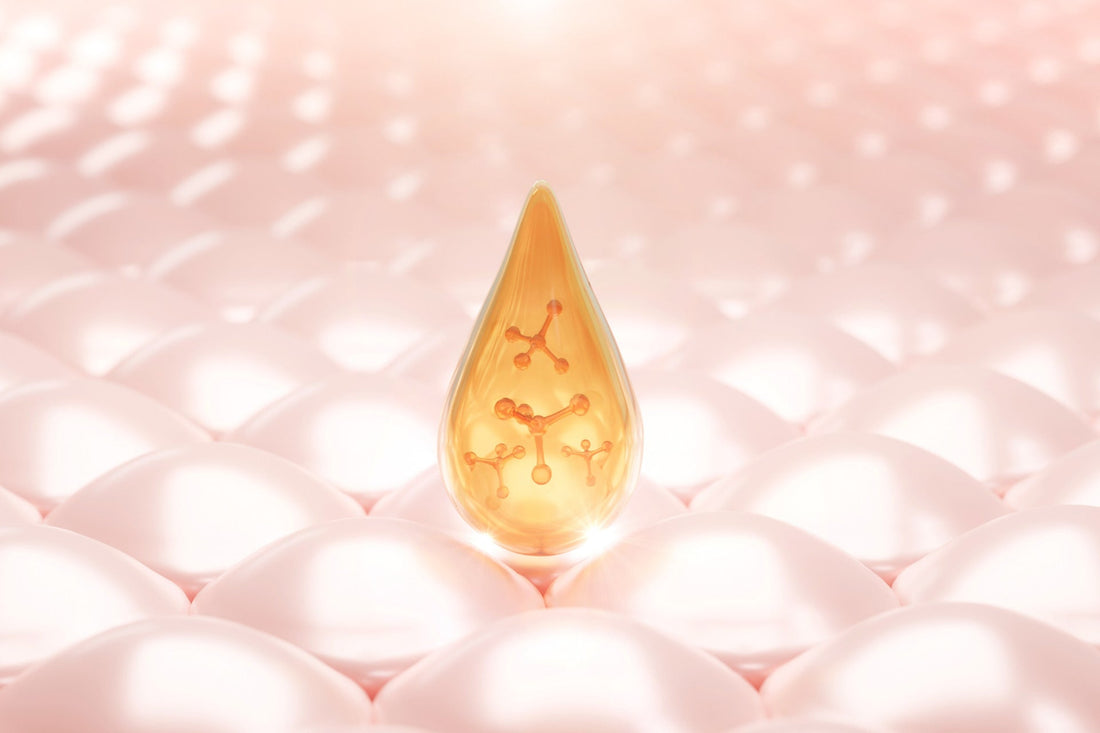
The Science Behind Collagen: Does It Really Work?
Share
Collagen is everywhere — in powders, gummies, creams, and even coffee. But with all the hype, many people are asking: Does collagen really work? Let’s dive into what science says about this popular supplement.
What Is Collagen? 🧵
Collagen is the most abundant protein in the human body. It acts as a structural “glue,” supporting your skin, joints, bones, hair, and nails. Unfortunately, collagen production naturally slows as we age — which can lead to wrinkles, joint stiffness, and reduced elasticity.
Collagen for Skin Health 🌟
- What happens over time: Less collagen means thinner, drier skin and visible signs of aging.
- What research shows: Studies suggest collagen peptides can improve skin hydration, firmness, and elasticity when taken consistently for several weeks to months.
Key takeaway: Collagen can help promote healthier, more youthful-looking skin — but results require patience and consistency.
Collagen for Joints and Mobility 🏃
- Why it matters: Collagen keeps cartilage strong and joints cushioned.
- What studies reveal: Supplementing with collagen may reduce joint discomfort and support mobility in athletes and older adults alike.
Key takeaway: Collagen can be beneficial for active lifestyles and aging joints.
How to Support Collagen Production Naturally 🍊
- Eat protein-rich foods (chicken, fish, eggs) to provide amino acids
- Get enough vitamin C (essential for collagen synthesis)
- Stay hydrated and protect skin from excessive sun exposure
Does Collagen Really Work? Final Verdict 💡
The science is promising: collagen supplements can support both skin and joint health. While it’s not a miracle cure, consistent use — paired with good nutrition and lifestyle habits — can make a noticeable difference.
If you’re looking for glowing skin or stronger joints, collagen might be worth adding to your daily wellness routine. [ Shop Now ! ]
![LE [ LOVE LIVE LIFE ] ON](http://lovelivelifeon.com/cdn/shop/files/logo_1caf01ce-9e26-4e2f-9f72-277e9f8b371d.png?v=1752224587&width=600)